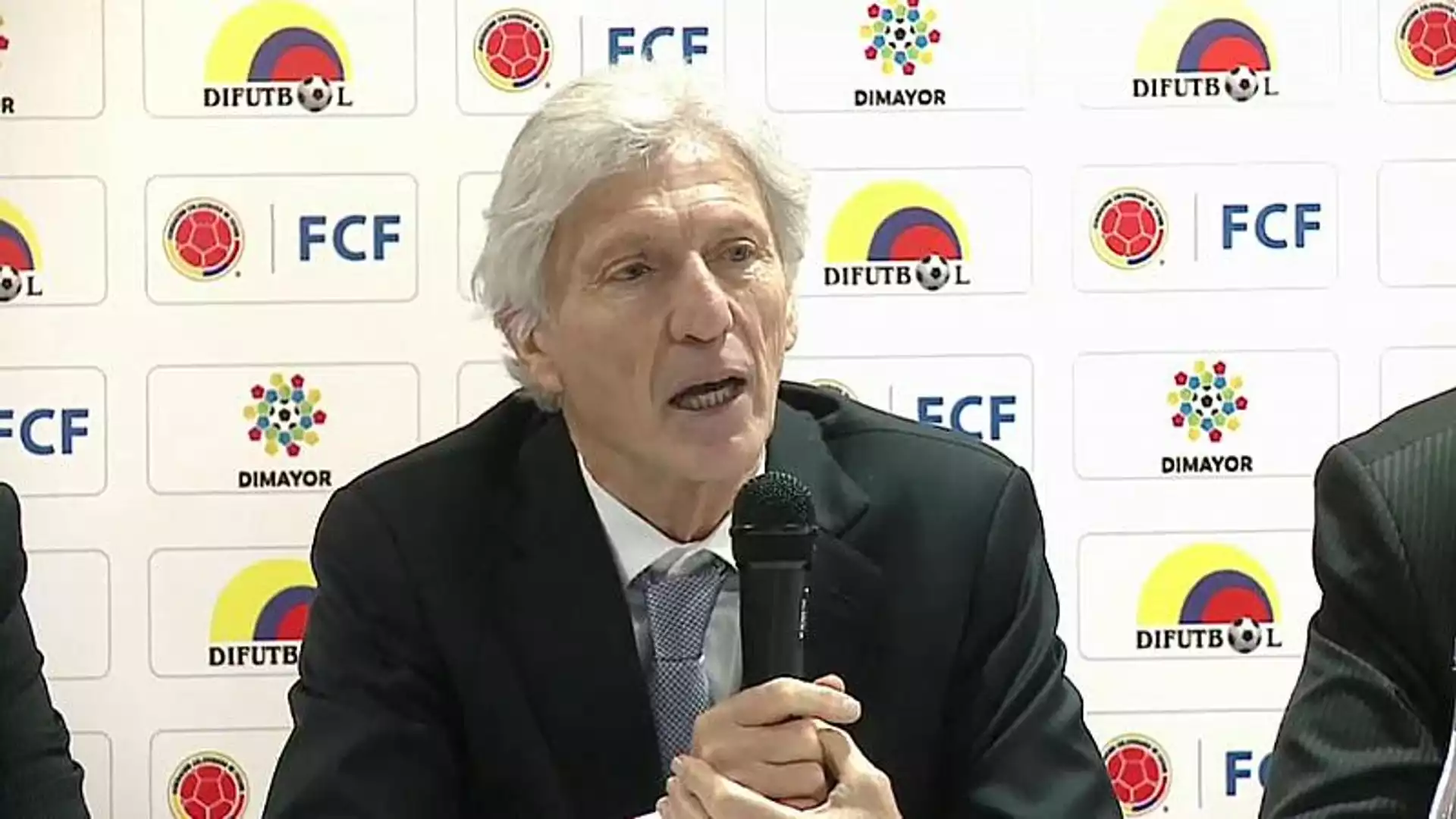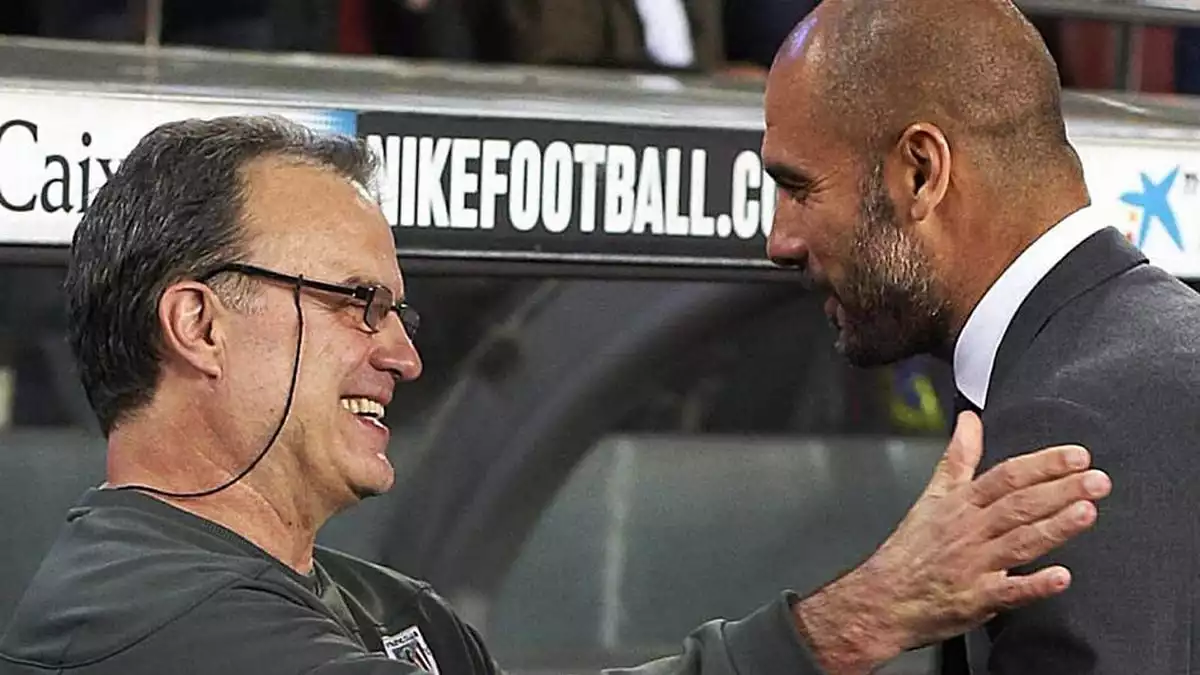The Rise of Boca Juniors under Bianchi's Leadership
Boca Juniors, one of Argentina's most prestigious football clubs, experienced a meteoric rise under the guidance of Carlos Bianchi. When Bianchi took over as the manager in 1998, the team was in a state of transition, struggling to find its identity. However, Bianchi's arrival marked the beginning of a new era for Boca Juniors. His meticulous planning, astute recruitment, and tactical acumen rejuvenated the club, propelling them to new heights.
Bianchi's emphasis on discipline and teamwork was evident from the start. He instilled a strong work ethic and a winning mentality within the squad, demanding nothing but the best from his players. This approach paid dividends as Boca Juniors quickly emerged as a dominant force in Argentine football. The team enjoyed a remarkable run of success, winning multiple league titles and establishing themselves as the team to beat.
Bianchi's ability to extract the best out of his players was a key factor in Boca Juniors' rise to prominence. He built a squad of talented individuals who complemented each other perfectly, creating a cohesive unit that was greater than the sum of its parts. This cohesion was evident on the pitch, as Boca Juniors mesmerized fans with their fluid attacking play and solid defensive organization.
Tactics and Strategies Employed by Bianchi
Carlos Bianchi was a master tactician, renowned for his ability to devise winning strategies that outfoxed even the most formidable opponents. His tactical approach was based on a solid foundation of defensive solidity combined with swift and incisive attacking play.
Bianchi's preferred formation was the 4-4-2, which provided a solid defensive base while allowing for fluid attacking movements. The team's defensive organization was exceptional, with each player understanding their role and responsibilities. Bianchi emphasized discipline and positional awareness, ensuring that his players were always in the right place at the right time.
In attack, Bianchi's teams were known for their quick transitions and lethal counter-attacking play. He encouraged his players to exploit the spaces left by the opposition and launch swift and devastating attacks. This style of play was perfectly suited to the talents of his squad, with players like Juan Roman Riquelme and Martin Palermo thriving under his guidance.
Bianchi's meticulous attention to detail extended beyond the tactical aspects of the game. He was a master motivator, knowing exactly how to inspire his players and extract the best out of them. His man-management skills were second to none, and his ability to build strong relationships with his players fostered a sense of trust and unity within the squad.
Key Players during Bianchi's Reign
Carlos Bianchi had the privilege of working with some of the finest talents in Argentine football during his time at Boca Juniors. These players played a pivotal role in the successes achieved under his leadership. One such player was Juan Roman Riquelme, a skillful midfielder who epitomized the essence of Bianchi's tactical philosophy.
Riquelme's ability to control the tempo of the game and dictate play from midfield was crucial to Boca Juniors' success. His vision, passing range, and ability to unlock defenses made him the creative heartbeat of the team. Under Bianchi's guidance, Riquelme flourished, becoming one of the most revered players in Boca Juniors' history.
Another key player during Bianchi's reign was Martin Palermo, a prolific striker known for his physicality and goal-scoring prowess. Palermo's ability to find the back of the net in crucial moments was instrumental in Boca Juniors' triumphs. His partnership with Riquelme formed the backbone of the team's attacking threat, striking fear into the hearts of opposing defenders.
Achievements and Success at Boca Juniors
Carlos Bianchi's time at Boca Juniors was marked by a string of remarkable achievements and unprecedented success. Under his guidance, Boca Juniors won four Copa Libertadores titles, establishing themselves as a dominant force in South American football. These continental triumphs were complemented by numerous domestic championships, with Boca Juniors consistently topping the Argentine league table.
Bianchi's Boca Juniors became renowned for their ability to perform on the big stage. They were a team that relished the pressure of knockout competitions, consistently delivering when it mattered most. The team's success was not limited to Argentina; they also enjoyed success in international tournaments, including the Intercontinental Cup and the Copa Sudamericana.
Bianchi's reign at Boca Juniors was characterized by a winning mentality and a hunger for success. His teams were relentless in their pursuit of victory, never settling for anything less than the best. This attitude resonated with the fans, who were treated to a brand of football that was as entertaining as it was effective.
Bianchi's Impact on Argentine Football
Carlos Bianchi's impact on Argentine football extended far beyond his achievements at Boca Juniors. His success with the club raised the bar for other teams, inspiring a new generation of managers and players. His tactical innovations and emphasis on discipline and teamwork revolutionized the way Argentine clubs approached the game.
Bianchi's success at Boca Juniors also had a profound impact on the national team. His ability to develop and nurture homegrown talent showcased the depth of Argentine football and contributed to the country's success on the international stage. His influence can be seen in the style of play adopted by the Argentine national team, with many players who thrived under his guidance going on to represent their country with distinction.
Challenges and Controversies Faced by Bianchi at Boca Juniors
Despite his incredible success, Carlos Bianchi faced his fair share of challenges and controversies during his time at Boca Juniors. Managing a club of Boca Juniors' stature comes with immense pressure and scrutiny, and Bianchi had to navigate through turbulent times both on and off the pitch.
One of the major challenges Bianchi faced was the constant pressure to deliver silverware. The expectations at Boca Juniors were sky-high, and anything less than a trophy was considered a failure. This relentless pursuit of success took its toll on Bianchi, both physically and mentally, as he strived to meet the lofty expectations set by the fans and the club's hierarchy.
Controversies also surrounded Bianchi during his tenure at Boca Juniors. There were instances of player indiscipline and clashes with club officials, which threatened to destabilize the team. However, Bianchi's ability to maintain a calm and composed demeanor in the face of adversity helped him steer the team through these turbulent times.
The Legacy of Carlos Bianchi at Boca Juniors
Carlos Bianchi's legacy at Boca Juniors is one that will be remembered for generations to come. His reign as the manager of the club not only brought unprecedented success but also instilled a winning mentality and a sense of pride that still resonates with the fans today.
Bianchi's attention to detail, tactical acumen, and ability to bring out the best in his players set a new benchmark for excellence. He created a winning culture at Boca Juniors, one that has endured long after his departure. His legacy is not just measured in silverware; it is measured in the hearts and minds of the Boca Juniors faithful, who still fondly remember the glorious moments he brought to the club.
Carlos Bianchi's Coaching Career after Boca Juniors
After leaving Boca Juniors, Carlos Bianchi continued his coaching career, albeit with mixed success. He had stints at clubs like Atletico Madrid and Paris Saint-Germain, but he was unable to replicate the same level of success he enjoyed at Boca Juniors. Despite these setbacks, Bianchi's influence on the game remained undiminished.
Bianchi's coaching philosophy and tactical innovations continued to shape the way football is played and perceived. His ideas on team cohesion, player development, and tactical flexibility have been adopted by coaches around the world. Bianchi's influence extends far beyond the clubs he managed; it is a testament to his enduring legacy.






.png?size=50)



